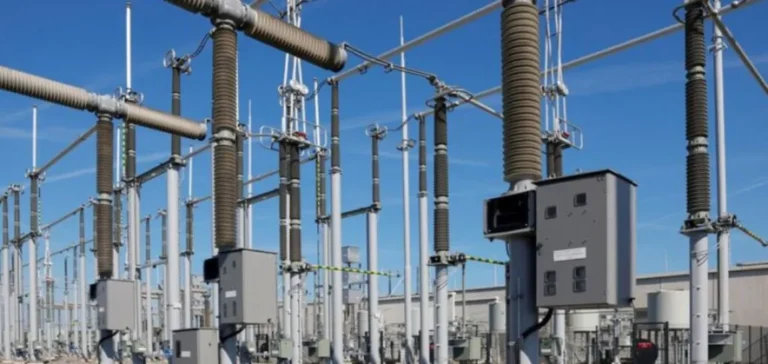The German federal government is aiming to sign an agreement by early 2026 for the acquisition of a 25.1% stake in TenneT Germany, the local division of the Dutch power grid operator. According to a letter from the Federal Ministry for Economic Affairs addressed to the Bundestag’s finance committee, €5.8bn ($6.34bn) has been allocated for this transaction.
The targeted stake is part of a broader government strategy to enhance Germany’s influence over essential energy infrastructure. The transaction will be executed by the German state-owned development bank Kreditanstalt für Wiederaufbau (KfW), which already holds stakes in other grid operators such as TransnetBW and 50Hertz. The letter also indicates additional funding commitments through capital increases are planned between 2026 and 2029.
Towards increased grid control
The ministry noted that discussions are ongoing, with a goal to sign the agreement as early as January, although the completion of the deal remains subject to negotiations. Final closure could occur in the second quarter of 2026. “The aim is to complete the transaction quickly while exercising the necessary due diligence,” the document dated 13 November stated.
This move follows a decision by the Dutch government in September to sell a 46% stake in TenneT Germany to an international investor consortium. The group includes Dutch pension fund manager APG, Singapore’s sovereign wealth fund GIC, and Norges Bank Investment Management, with the transaction valued at up to €9.5bn ($10.38bn).
No immediate plans for Amprion
The ministerial letter clarified that there are currently no plans to acquire a stake in Amprion, the fourth high-voltage transmission network in Germany. This indicates that Berlin is currently focusing on selective investments in key grid operators rather than pursuing broad sector-wide control.
The planned acquisition of the TenneT Germany stake reflects a series of state-led actions to secure national energy infrastructure amid industrial transition and supply chain pressures.






















